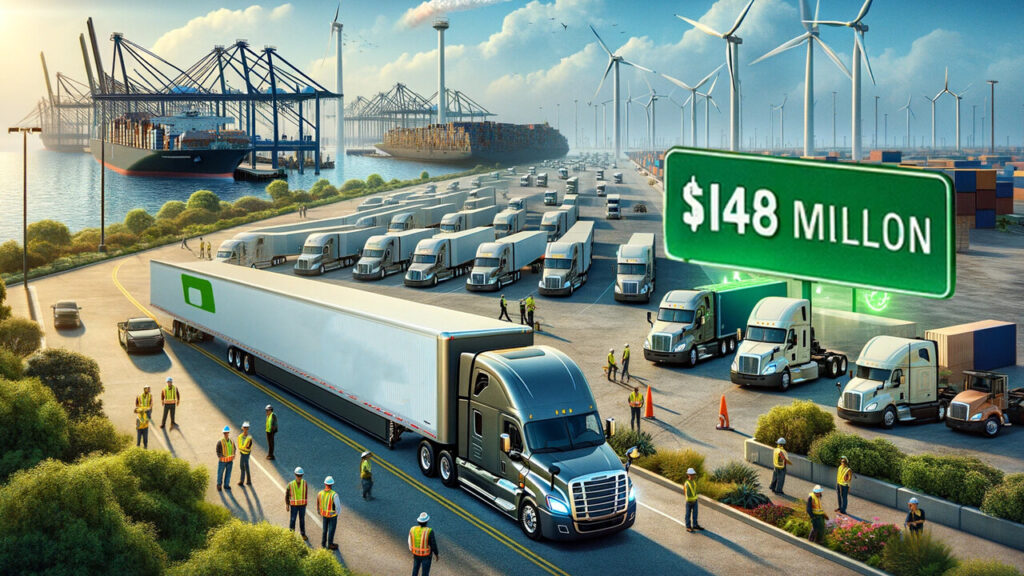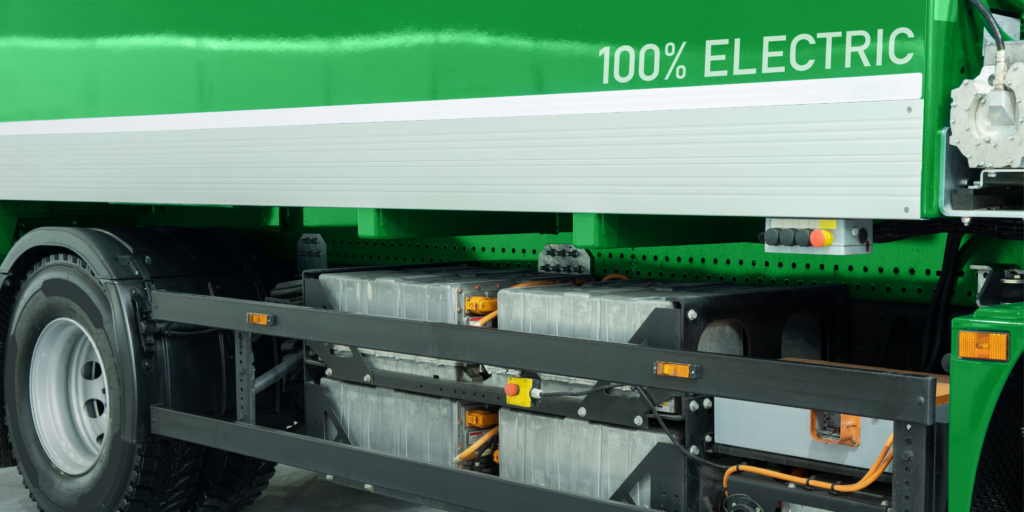
In a significant push towards sustainability, the U.S. Department of Transportation (DOT) is channeling a whopping $148 million into efforts aimed at reducing pollution from heavy-duty trucks at our nation’s ports. This massive financial infusion, part of broader environmental initiatives, targets the trucking sector—a key player in the logistics chain impacting both our environment and economy.
For truck drivers who’ve long navigated the challenges of the industry, from relentless schedules to stringent regulations, this move signals a transformative shift. The grants, largely focusing on the electrification of trucks, offer a glimpse into a future where the trucking industry aligns more closely with green standards. It’s not just about reducing emissions; it’s about pioneering a path that other sectors might follow, demonstrating that sustainability can be integral to logistical operations without sacrificing efficiency.
Electrification is at the heart of this initiative. By funding the shift from diesel-powered rigs to electric, the grants aim to curtail the significant pollution typically associated with port activities. This isn’t just good news for the environment; it’s a boon for drivers too. Electric trucks promise not only to reduce greenhouse gas emissions but also to lower fuel and maintenance costs in the long run. For drivers, this could mean less time and money spent on upkeep and more focus on what they do best—driving.

Moreover, the move towards electric trucks is expected to enhance the quality of life for drivers. Electric vehicles are quieter, produce less vibration, and offer smoother rides—small comforts that can make a big difference in a driver’s day-to-day routine. Plus, with cleaner technology, drivers can take pride in knowing they’re part of a critical solution to today’s environmental challenges.
It’s clear that the DOT’s grant is more than just a financial commitment; it’s a vision for a cleaner, more sustainable trucking industry. As ports begin to adopt these eco-friendly practices, the hope is that the entire logistics chain will reflect these higher standards, creating a ripple effect that benefits everyone—from the driver in the cab to the family at home.
For truck drivers, staying informed about these changes is crucial. This isn’t just about adapting to new regulations; it’s about leading the charge in a global shift towards sustainability. As we look to the future, the road less traveled may just be the greener one.
